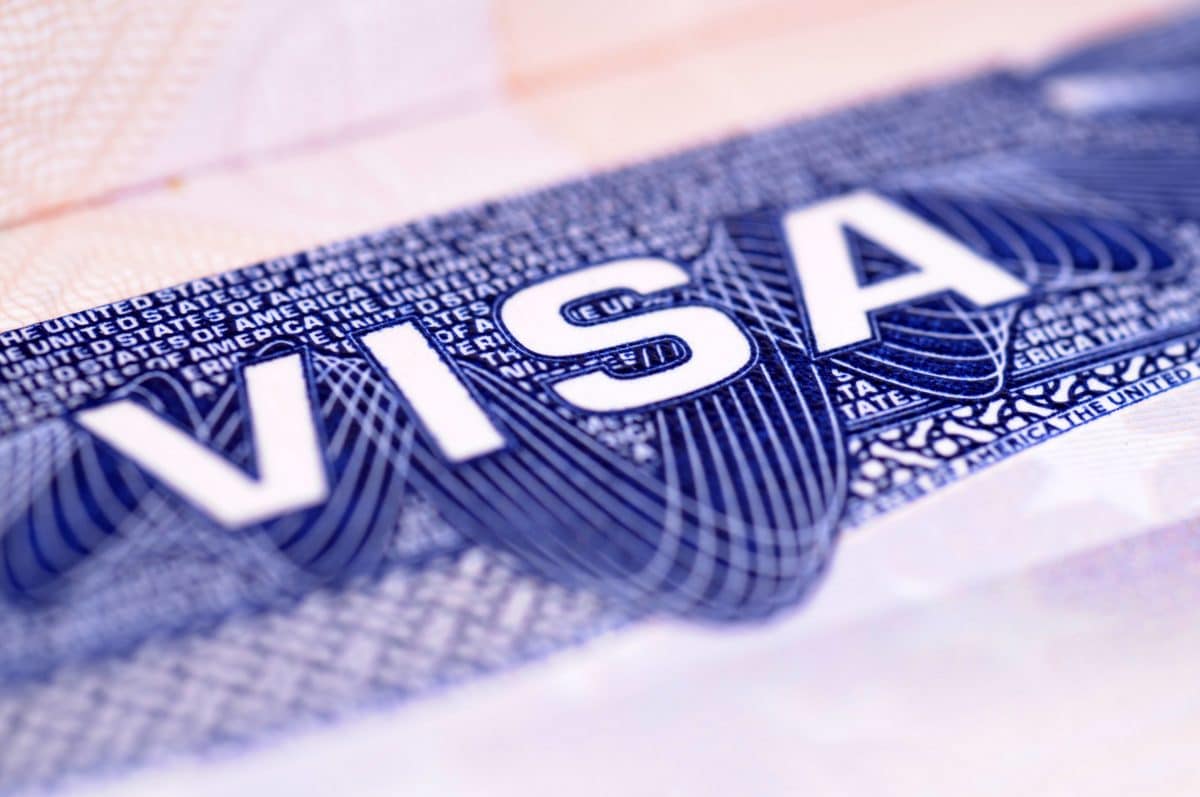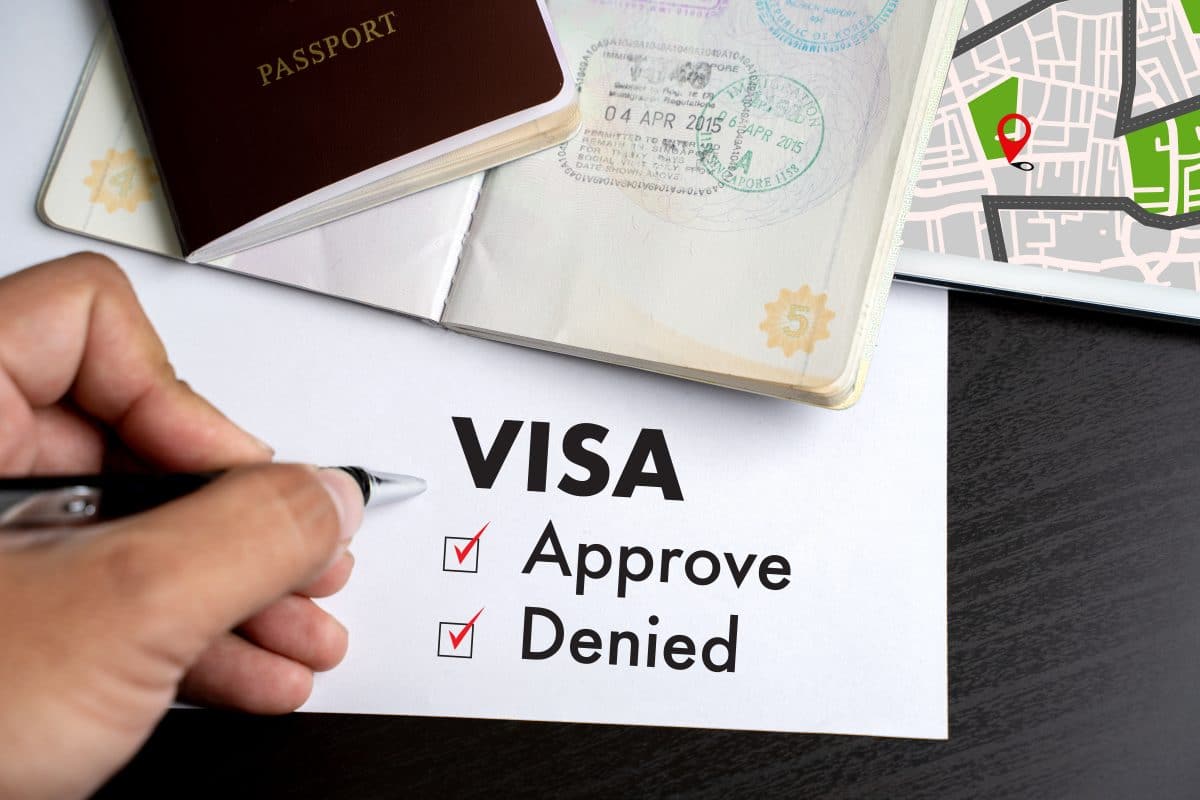Immigration Law Practice Area
In general, Dominican law reflects the welcoming nature of the Dominican people, permitting entry of most foreign nationals, whether visiting for pleasure, business, or retirement. Also, many foreign nationals can obtain residency or citizenship by submitting the correct documents, completing legal formalities, and waiting prescribed periods.
The first laws regarding immigration in the Dominican Republic are the Constitution, General Immigration Law 285-04, its predecessor Law 95 of 1939, Immigration Regulation No. 631-11, and Law 171-07 regarding special incentives to retirees.
Nationality
Article 18 of the Constitution establishes the following as Dominican nationals:
a) A person born to a mother or father with Dominican nationality, regardless of the country in which the parent lives;
b) A person born in the Dominican Republic, except a person (i) born to a member of foreign diplomatic service or consulate in the country, (ii) born to an illegal resident, or (iii) born to a foreigner “in transit” as defined by Dominican law;
c) A person marrying a Dominican national, upon fulfillment of the requirements established by law;
d) The direct descendants of Dominicans residing in a foreign country;
e) A person who is naturalized. The naturalization process is governed by Law 1683, enacted in 1948 and administered by the Department of the Interior (Ministerio de Interior y Policía). An applicant must meet specific residency requirements, as explained below.
Article 19 of the Constitution stipulates that a naturalized citizen is not eligible to hold the office of President or Vice President of any branch of the Dominican government, and is not required to take up arms against his or her country of origin.
Dual Citizenship
Article 20 of the Dominican Constitution permits dual nationalities: a Dominican may acquire another citizenship without the risk of losing Dominican nationality, a Dominican national, who has acquired a foreign citizenship by birth, may at the age of eighteen choose dual citizenship or relinquish one of the two nationalities.
Furthermore, except for becoming President or Vice President of the country, a Dominican with dual nationality may hold any elected office in the Dominican Republic, or be appointed to a ministerial position or a position in the Dominican diplomatic service, without relinquishing his or her foreign nationality. If the person wishes to run for President or Vice President of the country, the Dominican dual national must renounce the foreign citizenship ten years before the scheduled election and reside in the country for ten consecutive years before taking office.
Citizenship
The rights of citizenship are only bestowed upon a Dominican national who has reached the age of eighteen, or who is married or has been married before the age of eighteen (Article 21 of the Constitution).
Thus, although a minor can be a Dominican national, the minor will not have citizenship rights, unless married. Citizenship entitles the person to the right to vote, run for public office, vote on referendums, make requests of public interest to policy makers, and report public officials’ misconduct in the performance of their duties (Article 22 of the Constitution). However, citizenship will be revoked for conviction in assisting or participating in deliberate attacks or harm against the interests of the Dominican Republic, including treason, espionage, conspiracy, or taking up arms against the Republic (Article 23 of the Constitution). Besides, citizenship will be suspended for the duration of (i) a sentence for a felony conviction, (ii) a legally declared incompetency, (iii) acceptance to a position with a foreign State within the Dominican Republic not authorized by the Executive Branch, and (d) a violation of any of the conditions of naturalization (Article 24 of the Constitution).
Foreign Nationals
Under Article 25 of the Dominican Constitution, foreign nationals are afforded the same rights and subjected to the same duties as Dominican nationals while in the Dominican Republic, with one exception. A foreign national may not participate in political activities in the country except to vote in elections in the foreign national’s country of origin. If a foreign national encounters legal problems while in the country, the foreign national may request diplomatic protection only after exhausting all available remedies before Dominican authorities and courts, except where international conventions provide otherwise. Foreign nationals must properly register with the Registry of Foreigners (Registro de Extranjeros). General Immigration Law No. 285-04 and Immigration Regulation No. 631-1 govern the flow of migrants to and from the Dominican Republic and grant the Immigration Department (Dirección General de Migración) the authority to control the national borders and administer the law.
Admission to the Dominican Republic
A foreign national is admitted to the Dominican Republic either as a “nonresident” or “resident.” Nonresidents are those who intend to stay in the country for a limited time for a particular purpose such as pleasure or business and require a visa or tourist card for legal entry. A resident is a foreign national who is staying in the country for an extended period and has obtained legal residency status, evidenced by a residency card.
Nonresident Status
A non-resident foreign national requires permission to enter and stay in the country. Foreign nationals arriving from countries that are party to a dispensation treaty, generally developed countries, are permitted entry by a tourist card and do not need a visa. Tourist cards are purchased for a nominal amount at one of the country’s international airports at the time of entry and before passing through customs.They are valid for three months.
Foreign nationals who are not citizens of a country covered by such a treaty need to obtain a visa before traveling to the Dominican Republic. Application for a visa is made to a Dominican Consulate in the foreign national’s country of origin, or if no such Consulate exists, to a Dominican Consulate in a nearby country. Several types of visas are available depending on the purpose of the visit: tourist, business, work, and student visas. The criteria required for each varies, and the type of visa granted is determined by the Immigration Department. Visa applications are accepted or denied at the discretion of the government. Visas must be obtained before arrival and are typically valid for three months. They cannot be obtained while in the Dominican Republic.
Resident Status
A foreign national, such as a retiree, a person intent on doing business, or an investor, who seeks to stay in the Dominican Republic for a year or more should consider obtaining residency status. Residency status affords the foreign national legal status in the country, entitling the person to an identification card (Cédula de Identidad Personal) and access to a more favorable tax structure. Residency status may only be sought while the foreign national is in the country on a residency visa; applicants must be in good health, have sufficient economic means, and a clean police record. The process presently involves two steps: temporary residency and permanent residency.
Need a Lawyer? Let Us Help You
One of the most common types of private lawsuits alleging civil rights violations results from improper conduct by law enforcement. Victims can bring claims based on excessive force or brutality, illegal searches and seizures, false arrests, malicious prosecutions, unjustified police shootings, and other abuses of power. Lawsuits against the police can be directed toward the individual officers involved in the incident.
Primary sources of civil rights law include the first ten amendments to the U.S. Constitution (the “Bill of Rights”), as well as a number of important pieces of federal legislation passed in recent decades. The Civil Rights Act of 1964 is a notable example of federal law aimed at preventing discrimination. Other examples include the Voting Rights Act of 1965, the Americans with Disabilities Act, and the Civil Rights Act of 1991.
Primary sources of civil rights law include the first ten amendments to the U.S. Constitution (the “Bill of Rights”), as well as a number of important pieces of federal legislation passed in recent decades. The Civil Rights Act of 1964 is a notable example of federal law aimed at preventing discrimination. Other examples include the Voting Rights Act of 1965, the Americans with Disabilities Act, and the Civil Rights Act of 1991.
Primary sources of civil rights law include the first ten amendments to the U.S. Constitution (the “Bill of Rights”), as well as a number of important pieces of federal legislation passed in recent decades. The Civil Rights Act of 1964 is a notable example of federal law aimed at preventing discrimination. Other examples include the Voting Rights Act of 1965, the Americans with Disabilities Act, and the Civil Rights Act of 1991.
Primary sources of civil rights law include the first ten amendments to the U.S. Constitution (the “Bill of Rights”), as well as a number of important pieces of federal legislation passed in recent decades. The Civil Rights Act of 1964 is a notable example of federal law aimed at preventing discrimination. Other examples include the Voting Rights Act of 1965, the Americans with Disabilities Act, and the Civil Rights Act of 1991.
Primary sources of civil rights law include the first ten amendments to the U.S. Constitution (the “Bill of Rights”), as well as a number of important pieces of federal legislation passed in recent decades. The Civil Rights Act of 1964 is a notable example of federal law aimed at preventing discrimination. Other examples include the Voting Rights Act of 1965, the Americans with Disabilities Act, and the Civil Rights Act of 1991.





